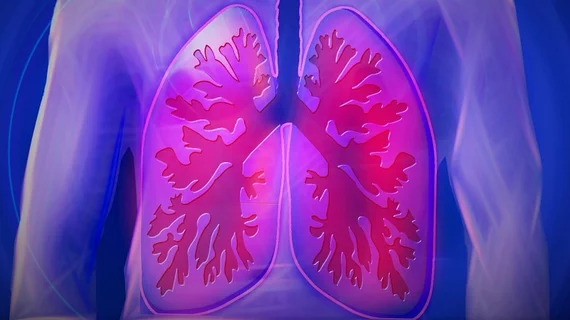FDA clears AI lung diagnostics
A supplier of healthcare software in the respiratory care space has received the FDA’s blessing to market deep learning elements newly added to an existing product.
Iowa-based Vida Diagnostics announced the 510(k) clearance this week, saying its LungPrint solution will now have available AI algorithms for automating precise segmentation of lung lobes on chest CT.
The company trained its deep learning model on real-world scan data it’s been gathering for more than a decade. The result is a significant improvement in accuracy and scalability, Vida says.
The company’s product line is aimed at aiding diagnostics of conditions like lung cancer, emphysema and COVID-related lung damage.
“We’re living in the age of personalized medicine, where precision algorithms can be used to optimize outcomes for patients,” Susan Wood, PhD, the company’s president and CEO, says. “The addition of deep-learning capabilities to our already-proven solution is a critical step toward diagnosing and treating lung disease with anatomical precision based on clinical best practices.”

